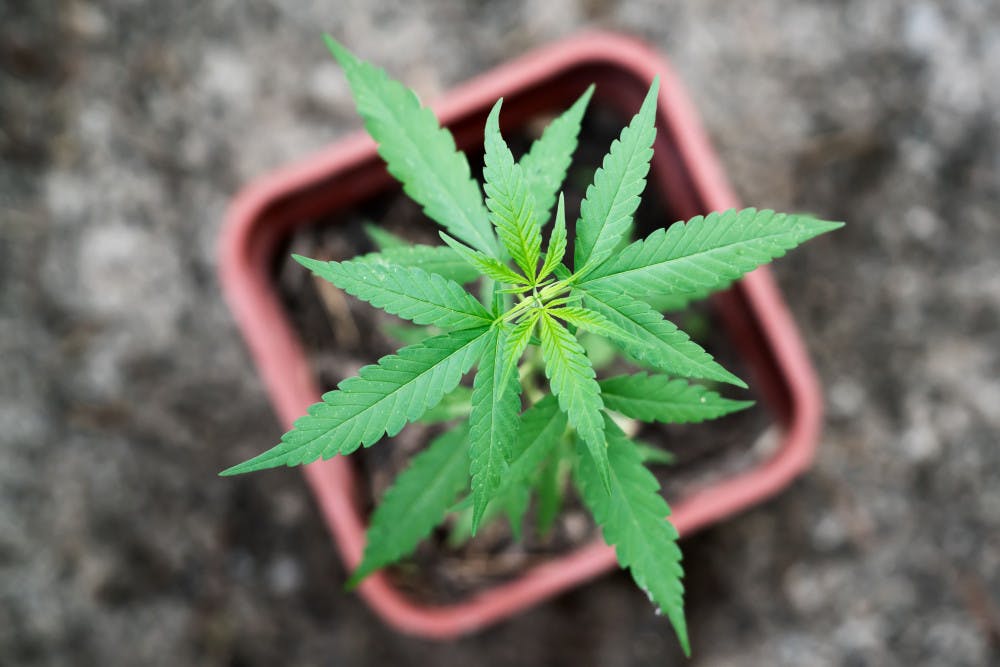By Evan White
Correspondent
As the status of the legality of marijuana and other illegal substances grows and the war on drugs continues, it is important for us as a nation to take a step back and ask ourselves a simple question — Why are all three branches of government so adamant about repressing the exchange of illegal drugs?
The concept of laws and legality is already an arbitrary concept, synthesized by the elevated state of human ingenuity through hundreds of years of industrialization and modernization. As we have seen in the past, the suppression of illegal drugs and pushing forward with the concept of law in this regard has proven fickle.
One of the earliest examples of substance control by the government was the prohibition era of the 1920s. The prohibition of alcohol throughout the early 20th century was an absolute failure that contributed greatly to the economic ruin of the era. For a significant span of time in American history, marijuana was a legal substance. It was not until the advent of harsh campaigning on the part of the Food and Drug Administration that cannabis became labeled a harmful drug.
The primary strategy of the FDA was employing racist pseudoscience to justify the barring of weed, associating racial minorities who were perceived as slovenly and a threat to “racial purity” with its use. History has repeated itself.
Through the war on drugs and the observable racial profiling seen in incarceration rates for drug charges, the deeply imbedded racism within the government’s views on drug use is portrayed clearly. From this racist lens through which the federal government is viewing the “issue” of drugs, people are overlooking new means to open the economy and create thousands of new jobs through the legalization of all currently illegal substances.
Such a decision would give leeway to owners of drug manufactories, spaces for rent designed to ensure safe drug use, designers of new and innovative technologies to enhance production and quality of the product being consumed, among other occupations.
While incarcerating thousands of thinly punishable citizens for what should be insignificant drug charges produces a great amount of income through the means of the corrupt prison system in this country, the opening of this realm of the job market is projected to be even more economically effective than the ongoing strategy.
Additionally capitalizing on opportunities to reduce the 1 percent of all Americans who are in prison is an act of moral progression necessary to take the next steps in social progressivism in the U.S.
Through high incarceration rates and stigmatization, the use of drugs has become a reverend act in the modern counterculture, leading to historically higher rates of drug use than previous years.
This change has influenced growing social pressures in groups of adolescents, as well as adults, to “fit in” or partake in a means to defy the government, an increasingly lustered undertaking in modern society that has catalyzed the epidemics of drug addiction we see running rampant in this country.
While recovery from a substance use disorder is possible, only a 10th of prospective addicts will seek help. By legalizing all currently illegal drugs, not only will we see economic benefits, but greater social stability and reduction of both immanent and contemporary drug epidemics will follow suit in addition.







